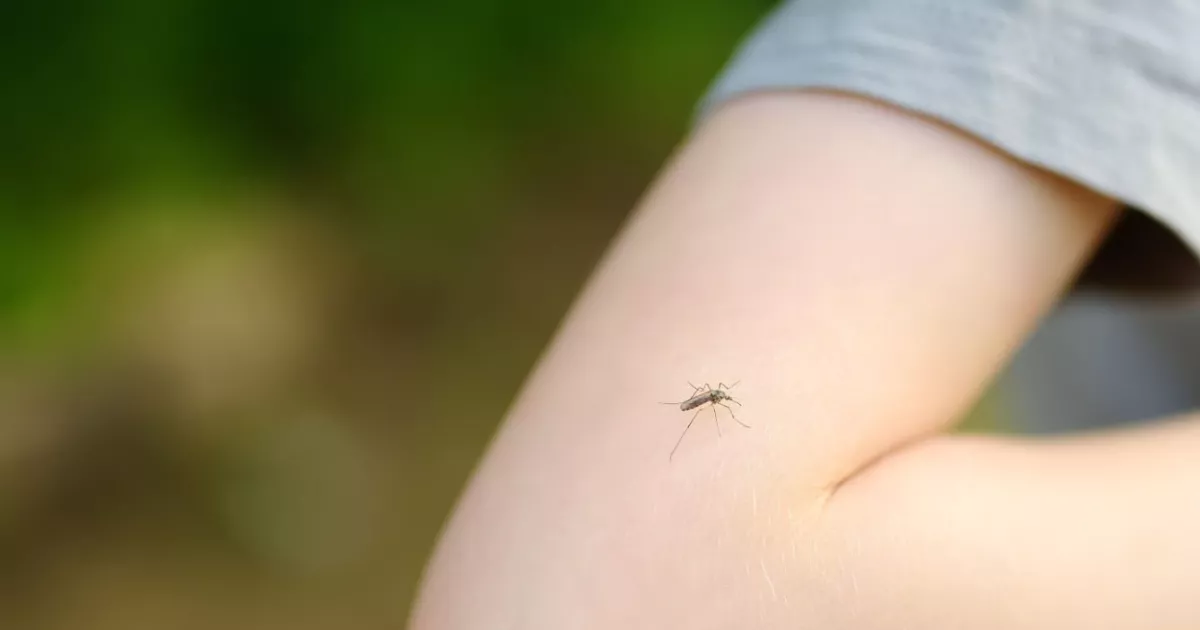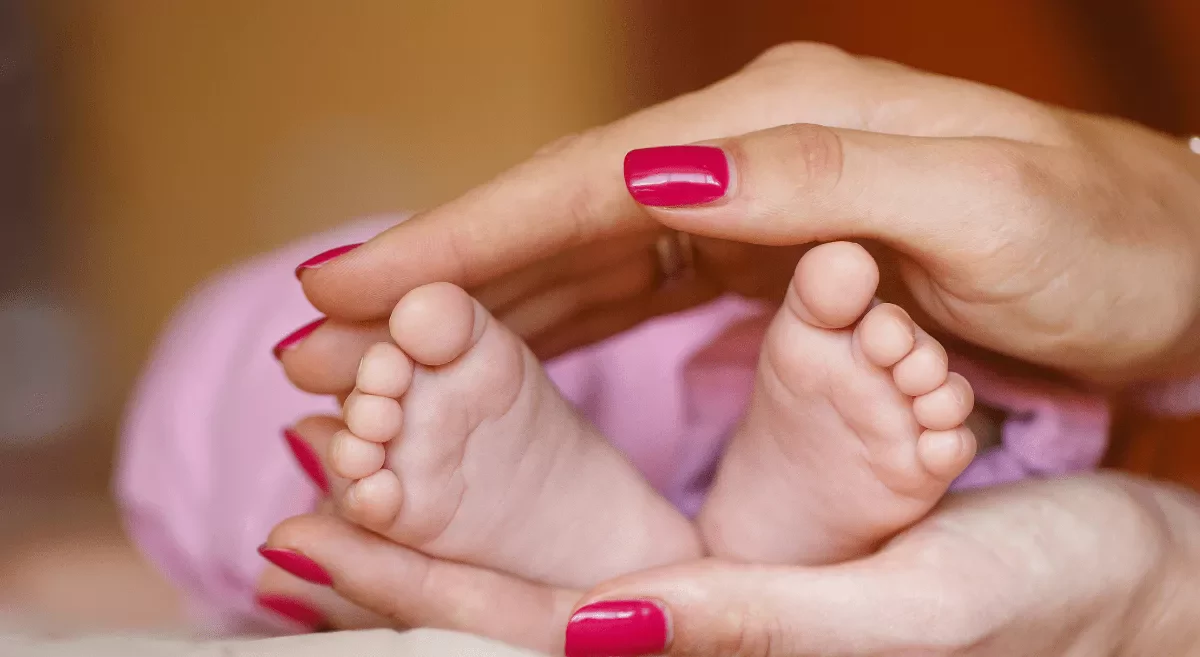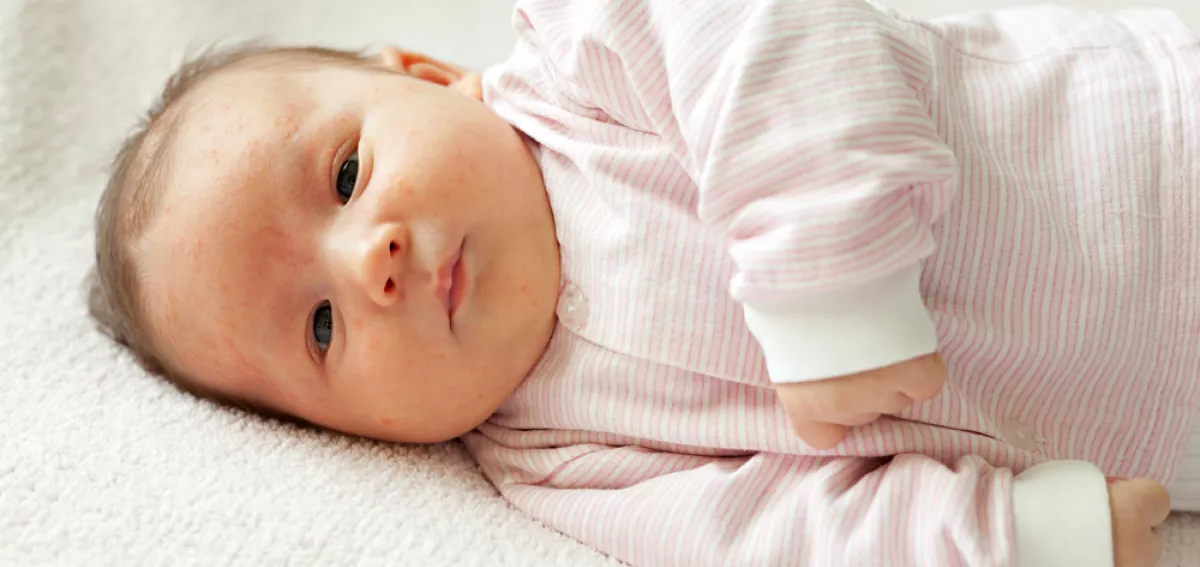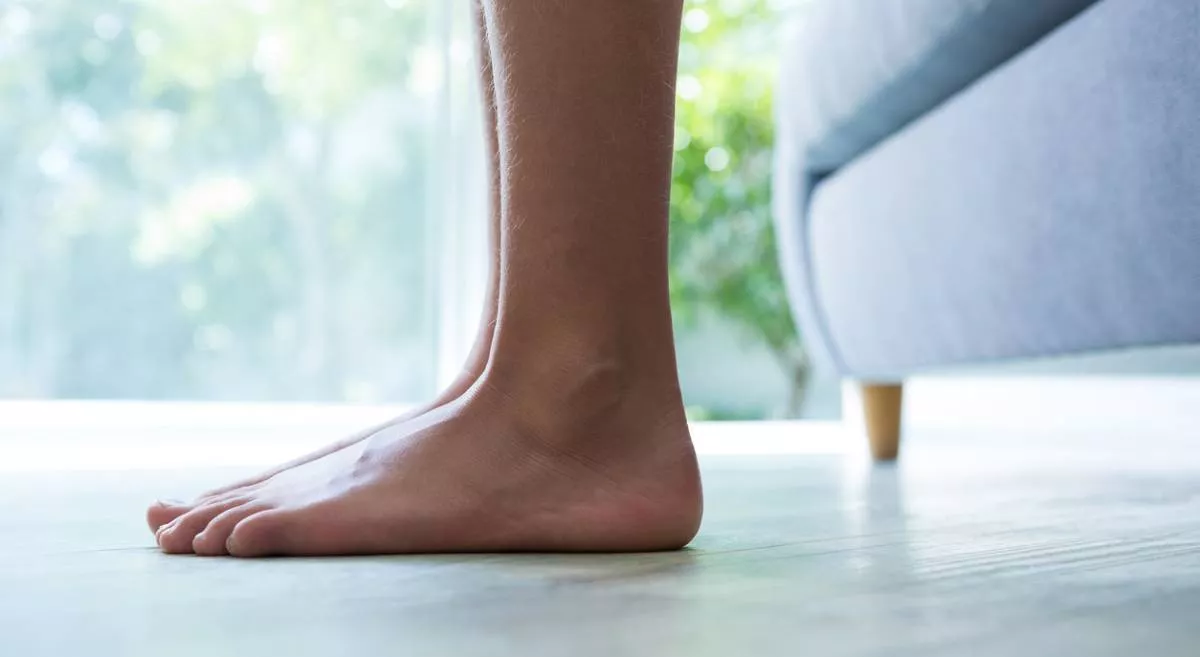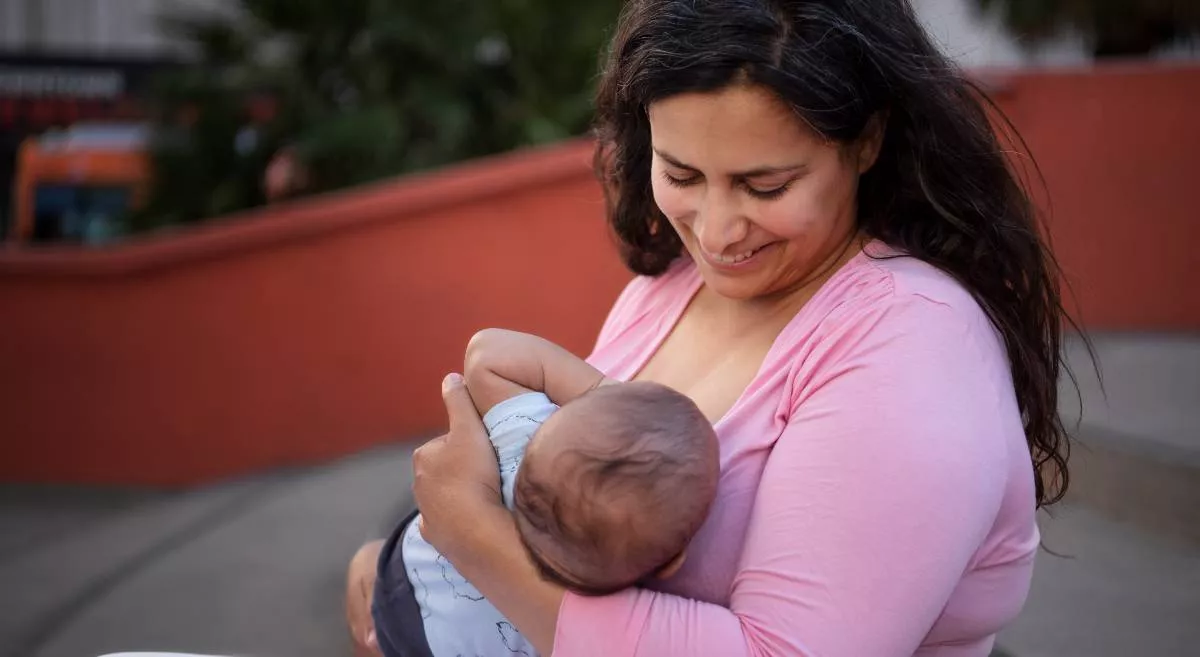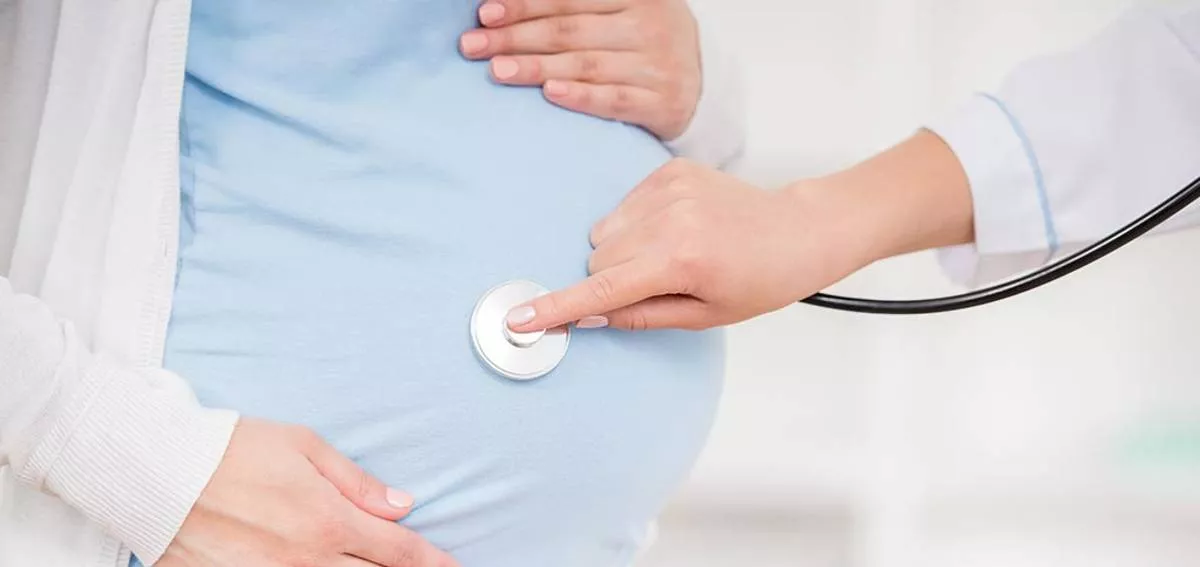Dengue Fever in Children:
Dengue fever is a mosquito-borne viral illness that affects people of all ages. However, it can be particularly challenging when it strikes children. This blog aims to shed light on Dengue in children, discussing its symptoms, treatment options, and the role of healthcare institutions like Child Care Hospital in Hebbal Bangalore in providing solutions for this critical issue.
Dengue Symptoms in Children:
Dengue in children can manifest in a variety of ways, and its symptoms often mimic those of other common childhood illnesses. It's important for parents and caregivers to be vigilant, as early diagnosis and treatment can make a significant difference. Here are some common symptoms to watch for:
- High Fever: The onset of Dengue is often marked by a sudden high fever, which can persist for several days.
- Severe Headache: Children with Dengue may experience intense headaches, which can be quite distressing.
- Pain Behind the Eyes: Eye pain is a distinctive symptom of Dengue and can be especially uncomfortable for children.
- Joint and Muscle Pain: Youngsters with Dengue often complain of joint and muscle pain, earning it the nickname "breakbone fever."
- Rash: Some children may develop a rash on their skin, which may be accompanied by itching.
- Bleeding: In severe cases, Dengue can cause bleeding from the nose, gums, or in the form of tiny red spots on the skin.
- Fatigue: Dengue can leave children feeling extremely tired and weak.
- Vomiting and Abdominal Pain: Nausea, vomiting, and abdominal pain are also common symptoms.
Types of Dengue in Children:
Dengue in children can present in various forms, including:
- Dengue Fever: The most common type characterized by the symptoms mentioned above.
- Dengue Fever with Warning Signs: Some children may exhibit warning signs such as severe abdominal pain, persistent vomiting, and bleeding. This is a critical stage that requires immediate medical attention.
- Dengue Hemorrhagic Fever: This severe form of Dengue can lead to bleeding, shock, and even death if not treated promptly.
- Dengue Shock Syndrome: The most critical type, where blood pressure drops to dangerous levels, and the child may go into shock. This requires intensive medical care.
Treatment for Dengue in Children:
When a child exhibits symptoms of Dengue, it is crucial to seek medical attention promptly. Early intervention can help prevent complications and severe cases of the disease. The treatment for Dengue in children may include:
- Fluid Replacement: Dengue can cause dehydration, so intravenous fluids are often administered to maintain a child's fluid balance.
- Pain and Fever Management: Medications like acetaminophen may be prescribed to alleviate pain and reduce fever.
- Close Monitoring: Children with Dengue may need to be closely monitored in a healthcare facility to ensure they receive the appropriate care.
- Transfusions: In severe cases of Dengue, blood transfusions may be necessary to address low platelet counts or severe bleeding.
Consulting experienced Paediatricians & Neonatologists in Hebbal Bangalore can ensure that your child receives timely diagnosis and treatment for optimal recovery.
The Role of Different Levels of Care:
While mild cases of Dengue can often be managed in a level 2 healthcare center, severe types like Dengue Hemorrhagic Fever and Dengue Shock Syndrome require tertiary-level ICU setups for better management and survival. This is where institutions like Aster CMI Hospital excel, providing the critical care and expertise needed to address these severe forms of Dengue.
Preventing Dengue in Children:
Prevention is the best approach when it comes to Dengue. Parents and caregivers can take several steps to protect children from this mosquito-borne disease:
- Eliminate Mosquito Breeding Sites: Ensure there are no stagnant water sources around your home, as these are prime breeding grounds for the Aedes mosquitoes that transmit Dengue.
- Use Mosquito Nets and Repellents: Mosquito nets and repellents can help protect children from mosquito bites, especially during peak mosquito activity times.
- Wear Protective Clothing: Dress children in long-sleeved clothing and pants to reduce their exposure to mosquito bites.
- Educate Children: Teach children about the importance of avoiding mosquito-prone areas and taking precautions when outdoors.
- Vaccination: Consult with healthcare professionals about the availability of Dengue vaccines and their suitability for your child.
Aster CMI Hospital: Your Solution for Dengue Care
Aster CMI Hospital is a leading healthcare institution known for its expertise in handling all forms of Dengue in children. With specialized pediatric care and a state-of-the-art facility, they ensure that children receive the best possible care. Moreover, in cases of severe Dengue, their tertiary-level ICU setup and experienced medical staff play a crucial role in ensuring a swift and successful recovery. Remember that early intervention is key to overcoming Dengue, especially in children.
In conclusion, Dengue in children is a serious concern that demands prompt attention and care. By being aware of the symptoms, taking preventive measures, and seeking help from healthcare institutions like Aster CMI Hospital, parents and caregivers can ensure their children receive the best possible care when facing this mosquito-borne illness.
